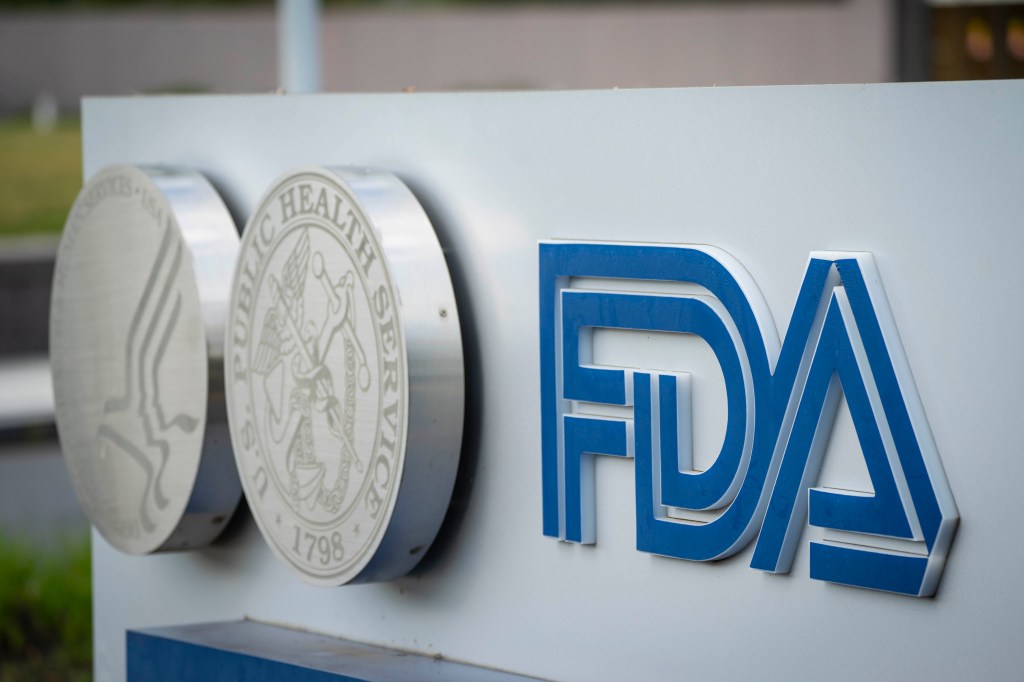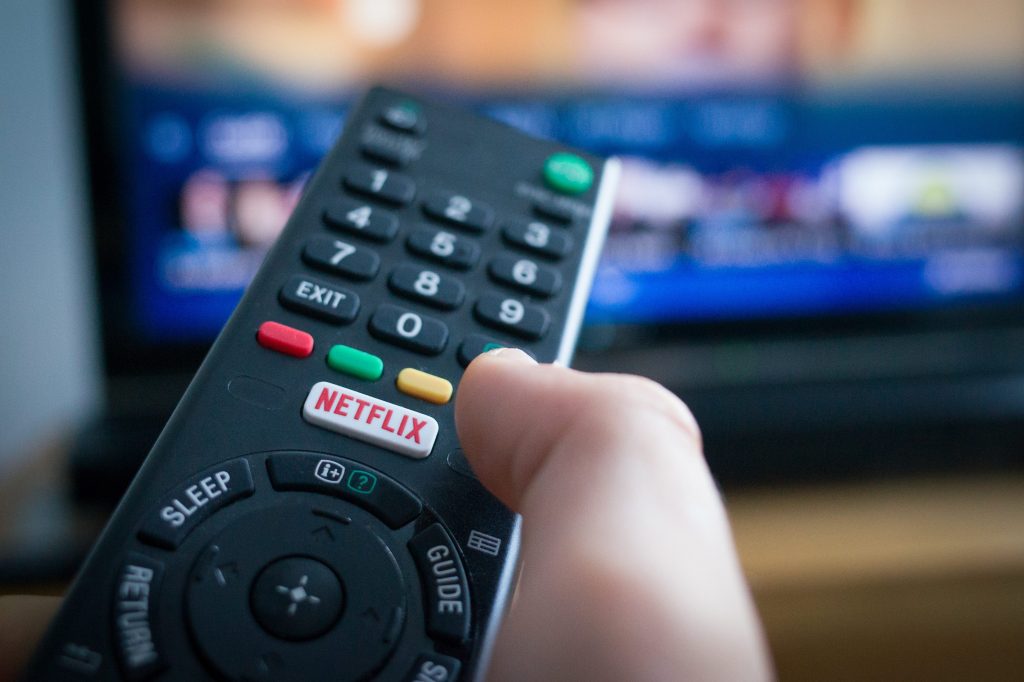Matthew Galeotti, the head of the Department of Justice’s (DOJ’s) Criminal Division, has signaled that the agency will be scaling back its enforcement of white-collar financial crimes, and creating a new remediation and cooperation regime that will focus less on punishment and more on incentivizing actors to come forward.
Register for free to keep reading
To continue reading this article and unlock full access to GRIP, register now. You’ll enjoy free access to all content until our subscription service launches in early 2026.
- Unlimited access to industry insights
- Stay on top of key rules and regulatory changes with our Rules Navigator
- Ad-free experience with no distractions
- Regular podcasts from trusted external experts
- Fresh compliance and regulatory content every day













